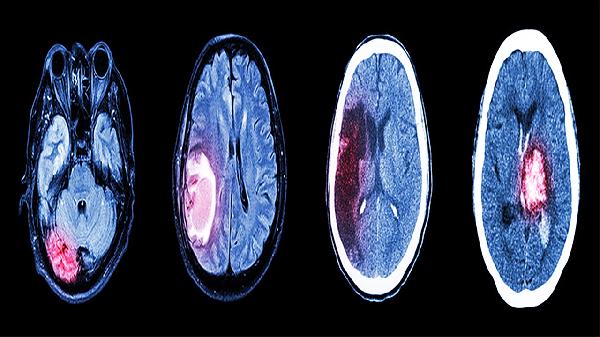Late nights might feel like your secret productivity hack, but science says they’re stealthily sabotaging your memory. That’s right—burning the midnight oil doesn’t just leave you groggy; it messes with your brain’s ability to store and recall information. The good news? You can undo the damage.
Why Your Brain Hates All-Nighters
Your brain isn’t some tireless machine—it’s more like a high-maintenance VIP that demands quality shut-eye. During deep sleep, your hippocampus (the brain’s memory hub) replays the day’s events, sorting and filing them like a hyper-organized librarian. Skimp on sleep, and those memories get tossed into a mental junk drawer instead of neatly stored.

Research shows that even one night of poor sleep weakens memory consolidation—the process that turns short-term info into long-term knowledge. And if you’re chronically sleep-deprived? Your brain starts acting like a glitchy hard drive, struggling to retrieve basic facts (like where you left your keys… again).
The Sneaky Ways Sleep Loss Messes With You
It’s not just forgetfulness. Sleep deprivation throws your whole system out of whack:
How to Reset Your Brain (No, It’s Not Just “Sleep More”)
Fixing your memory isn’t just about logging more hours in bed—it’s about quality sleep and smart recovery tactics.
1. Hack Your Sleep Schedule
Your brain loves consistency. Going to bed and waking up at the same time (yes, even on weekends) trains your internal clock to optimize deep sleep—the memory-saving kind. If you’re a night owl forced into early mornings, try shifting your bedtime in 15-minute increments instead of drastic changes.
2. Ditch the “Blue Light Blues”
Scrolling before bed is like handing your brain a double espresso. Blue light from screens suppresses melatonin (your sleep hormone), making it harder to drift off. Try a digital sunset—swap screens for a book or podcast an hour before bed. If you must use your phone, enable night mode or grab blue-light-blocking glasses.
3. Nap Like a Pro
Short power naps (10–20 minutes) can boost alertness without leaving you groggy. But avoid marathon napping—sleeping too long during the day can steal from your nighttime rest.
4. Move Your Body (But Not at Midnight)
Exercise improves sleep quality by reducing stress and tiring you out—just don’t hit the gym too close to bedtime, or you’ll be too wired to sleep. Morning or afternoon workouts are your best bet.
5. Eat for Better Sleep
Certain foods act as natural sleep aids:
The Bottom Line
Your brain isn’t built for late-night marathons. Sacrificing sleep for productivity is like running a car on empty—you might keep going, but you’re damaging the engine. Prioritize rest, tweak your habits, and watch your memory (and mood) bounce back. Sweet dreams—literally.
























